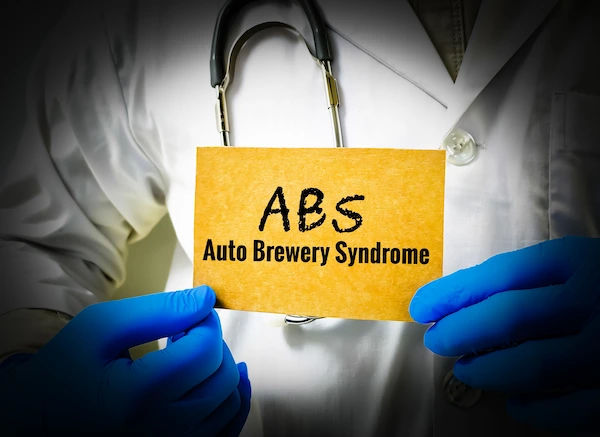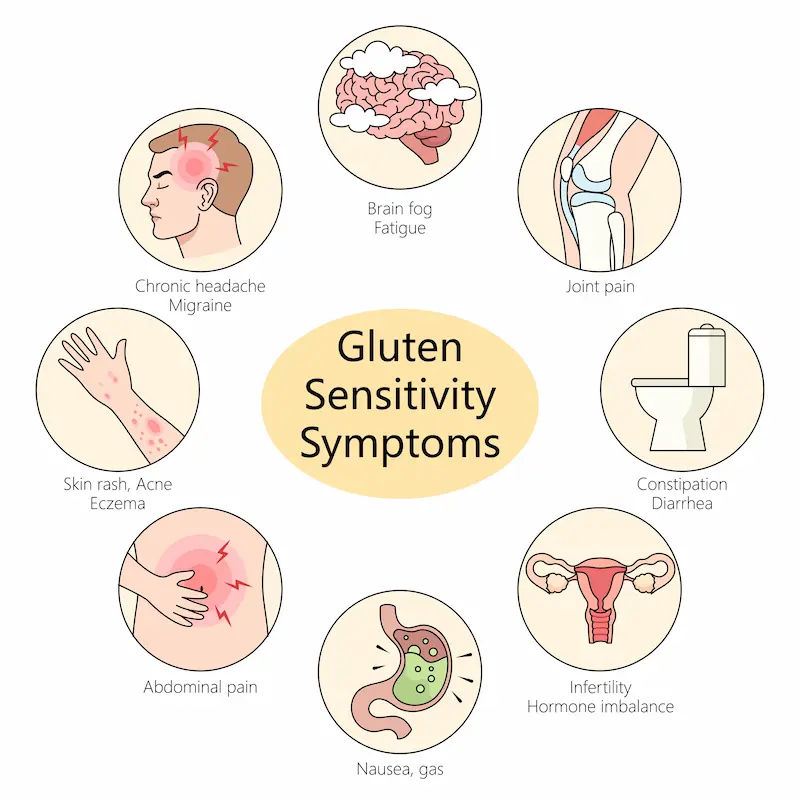- Male
- 30 Years
- 29/01/2025
I'm really struggling with a mouth ulcer that's been bothering me for a week now and the pain's becoming unbearable. I first tried smily cream for a couple of days but it didn't help at all. Then a friend gave me some kenacort gel and I've been using that for a couple of days along with taking a B complex capsule. Just today, an MBBS friend of mine suggested I try pantop 40 and BBiotic capsule, plus apply zytee gel. I started this new treatment tonight, on the 15th of September. Is there anything else you would recommend? I've never had an ulcer last this long, usually it gets better within a day or two. The pain's really affecting my ability to eat and now my stomach's been off too. I'm just wondering if there's a better way to tackle this.
Answered by 1 Apollo Doctors
Excessive Belching (Burping)_
- Swallowing air: Gulping down food, drinking carbonated beverages, or eating too quickly can lead to swallowing air, which contributes to belching.
- Digestive issues: Conditions like gastroesophageal reflux disease (GERD), irritable bowel syndrome (IBS), or small intestine bacterial overgrowth (SIBO) can cause excessive belching.
- Food intolerance: Lactose intolerance, gluten sensitivity, or fructose malabsorption can lead to belching, bloating, and discomfort.
- Hormonal changes: Hormonal fluctuations during menopause, pregnancy, or thyroid disorders can affect digestion and lead to belching.
Stomach Protrusion (Protruding Abdomen)
- Visceral fat accumulation: Excess fat around the abdominal organs can cause the stomach to protrude.
- Muscle weakness: Weak abdominal muscles can contribute to a protruding abdomen.
- Digestive issues: Conditions like ascites, hernias, or intestinal obstruction can cause abdominal swelling.
Recommendations
- Consult a gastroenterologist: Schedule an appointment to discuss your symptoms and determine the underlying cause.
- Dietary changes: Avoid trigger foods, eat smaller meals, and incorporate low-FODMAP foods to alleviate digestive discomfort.
- Probiotics and digestive enzymes: Consider adding probiotics and digestive enzymes to support gut health and digestion.
- Exercise and physical activity: Engage in regular exercise, such as core strengthening and aerobic activities, to improve overall health and reduce visceral fat.
- Manage stress: Practice stress-reducing techniques like meditation, yoga, or deep breathing exercises to help alleviate digestive issues.
Dr. Chandra Suggests...
Consult a Gastroenterology/gi Medicine Specialist
Answered 04/07/2025
0
0

More Gastroenterology/GI medicine Health Queries
View allSo, I've been dealing with jaundice for about a week now. My eyes are starting to look less yellow, which is a relief. But I'm still pretty unsure about what foods I should be sticking to or avoiding right now. I'm especially curious if it's okay to eat green chillies while I'm recovering. Could they cause any problems or side effects?
no it should be avoided during jaundice
Answered by 1 Apollo Doctors
I've been having a problem where I need to go to the washroom soon after I eat breakfast or lunch, usually within about 20 minutes. It's becoming a big issue for me, and I'm just not sure what to do about it. Could you suggest any solutions or advice on what might be causing this?
Identify and avoid foods that may be causing this issue, such as spicy foods, fatty foods, or dairy.If you're not getting enough fiber, gradually add high-fiber foods like fruits, vegetables, and whole grains to your diet. Fiber can help regulate bowel movements.
Answered by 1 Apollo Doctors
I've been dealing with an anal fissure for about a month and a half now. I've been trying homeopathic medicine for the past two weeks, but I haven't noticed any improvement. Should I stick with what I'm taking or consider other treatment options? I'm starting to get worried about the lack of progress.
Go for Medical treatment
Answered by 1 Apollo Doctors
Disclaimer: Answers on Apollo 247 are not intended to replace your doctor advice. Always seek help of a professional doctor in case of an medical emergency or ailment.





